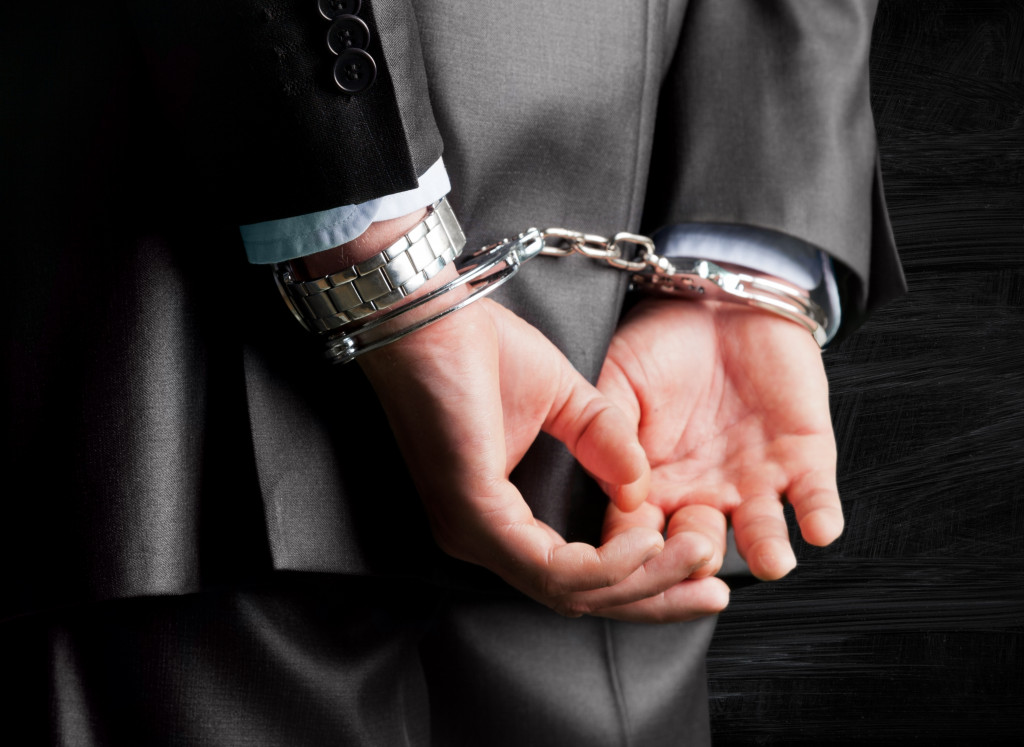Corporate Crime: Categories and Prevention

People seldom consider that their actions at work may be unlawful or that poor job decisions might lead to jail time. This is nevertheless the reality. When business laws are breached, organizations are penalized, and executives are sent to prison.
Nonviolent offenses such as fraud, property crimes, or drug or alcohol-related offenses account for the majority of workplace violations. Breaking the law can have severe implications for the business, its workers, and its customers, regardless of the amount of violence or the employee’s purpose for committing the crime.
Business crimes frequently include a breach of trust or embezzlement, which can have far-reaching implications, ranging from lengthy investigations to significant financial losses, tarnished reputations, and, in rare cases, even a threat to an organization’s very survival.
The number of illegal activities that fall under the category of commercial crimes is extensive, ranging from insolvency to money laundering, corruption to cartel agreements, insider trading, and piracy. However, the following are the most prevalent commercial crimes from which businesses should be protected.
Ponzi Scheme
A Ponzi scheme is a deceptive investment strategy that promises huge returns with no risk to investors. It is a type of investment fraud that collects money from later investors to pay off previous investors.
When the influx of new investors slows up, and there isn’t enough money to go around, both Ponzi and pyramid schemes inevitably collapse. The plans start to fall apart at this stage. That is why companies must analyze their risks and implement security measures to prevent corporate crimes.
Espionage in the Corporate World
Theft of ideas, information, technological know-how, or data is business espionage, sometimes known as industrial espionage. Private criminals or intelligence organizations can carry out business espionage on behalf of a rival or a country to get trade secrets and technology.
Corporate espionage is carried out for business or financial gain. Industrial espionage, economic espionage, and corporate spying are all terms used to describe corporate espionage.

Embezzlement and Larceny
Within a business, larceny and embezzlement are two types of theft that can occur. Larceny happens when someone steals another person’s or a company’s personal property without permission.
If an employee, for example, removes another employee’s computer to steal it, they may be charged with larceny.
On the other hand, embezzlement happens when a person is entrusted with a valuable object and then refuses or fails to return it. This will constitute embezzlement if an employee is entrusted with the petty cash at their office and purposely takes some money for themselves.
Identity Theft and Forgery
Identity fraud, often known as identity theft, is a crime in which a person or entity knowingly takes the identity of another person or company to get credit, financial advantage, or other benefits. The use of a recognized organization’s name to gather money from the public is a typical example of identity theft.
Forgery is a white-collar crime that involves fabricating or manipulating legal papers to defraud others. Documents such as negotiable instruments, contracts, deeds, and receipts are often fabricated.
Apart from these, racketeering, money laundering, insider trading, bribery, and environmental crimes are other forms of business crimes prevalent in the corporate world.
Business Crime Prevention Measures
Your company’s reputation is established on the trustworthiness of your employees and how you treat customers. Owning a business necessitates vigilance to prevent commercial crime and safeguard your information, clients, and employees.
Reduce your or your clients’ risks of becoming victims of crime by taking the following steps:
- Consulting a criminal defense lawyer about white-collar crime issues is a good idea. Hire the most experienced attorneys that can represent your company and its interests in a court of law.
- Online financial transactions and client data should be secured.
- The more rigorous your inventory control methods are, the less probable that a product would magically go out the back door.
- Fraud protection will be ensured by the adoption of a robust verification mechanism.
- Install security systems to keep an eye on your business while you’re away. When people are aware that they are being observed, they are less inclined to steal.
- Potential new workers should be subjected to a security check as part of the employment process.
- Use high-quality fraud detection software that can trace unauthorized transactions and monitor your employees’ online activity.
It’s crucial to understand that not everyone charged with business or white-collar crimes is guilty. Before a person may be convicted, they must be found guilty of the offense. Business and white-collar crimes, in any case, have a detrimental influence on the individual, the organization, the community, and customers.





